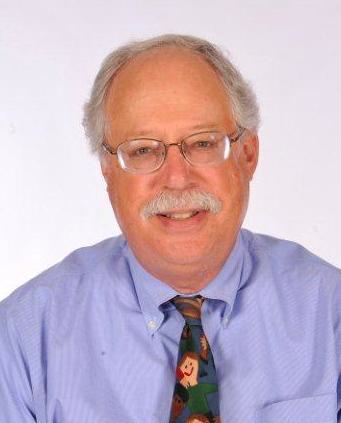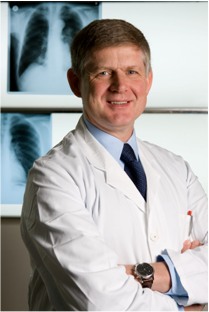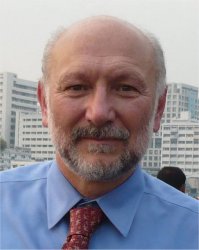Nick Cross, MA PhD FRCPath
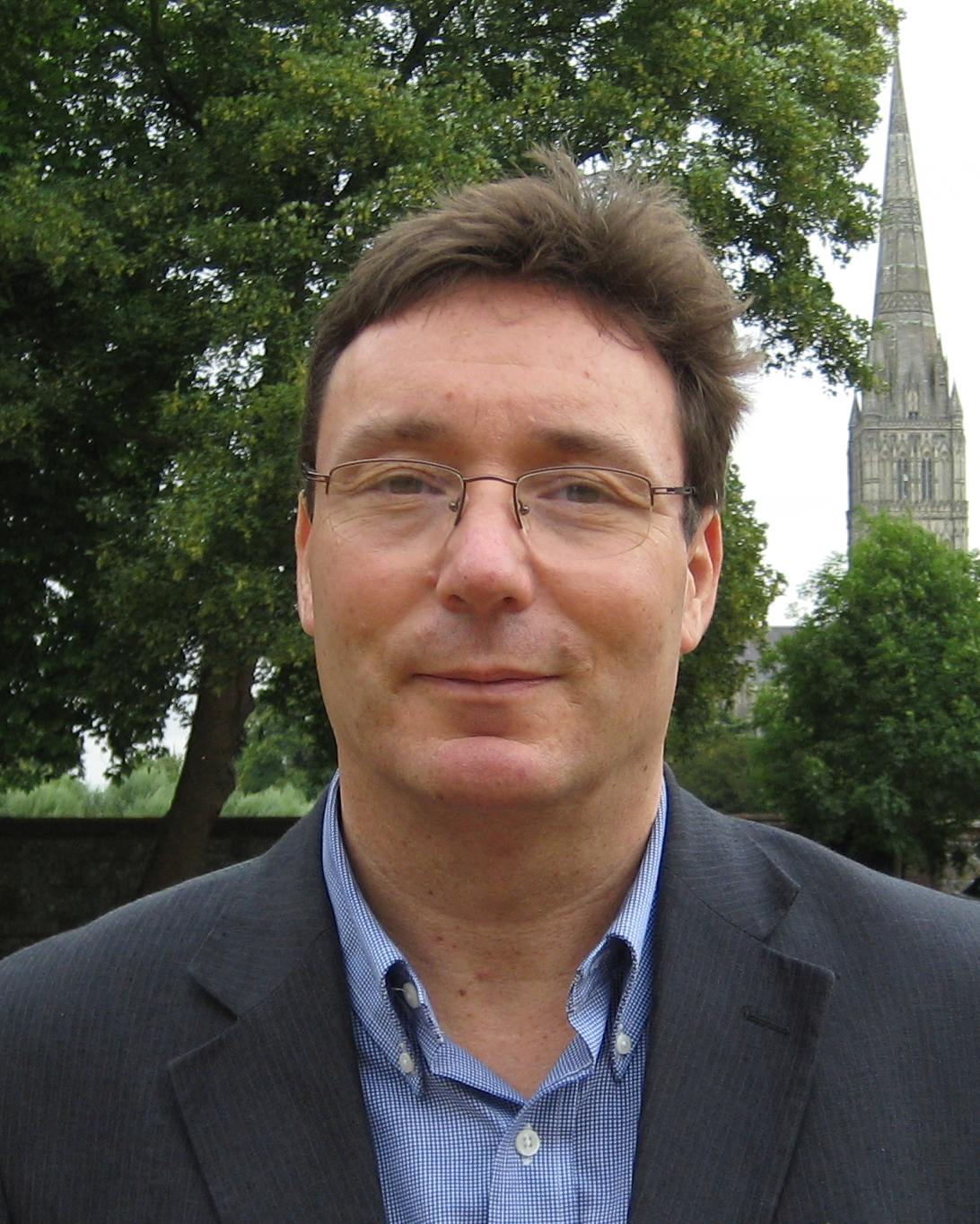
Nick Cross MA PhD FRCPath studies at the University of Cambridge, initially reading Natural
Sciences and subsequently undertaking a PhD in the Department of Genetics. He started his postdoctoral career at the Hammersmith Hospital, London in 1987, where he developed an interest in chronic myeloid leukaemia under the mentorship of Prof John Goldman. In 2001 he relocated to Salisbury to take up Directorship of the Wessex Regional Genetics Laboratory and Chair of Human Genetics at the University of Southampton. His research, which has resulted in more than 290 peer reviewed publications, focuses on the molecular pathogenesis of myeloid malignancies as well as the development, validation and standardisation of genetic tests.
Charles A. Schiffer, MD, is Professor of Medicine and Oncology at Wayne State University School of Medicine and the Karmanos Cancer Institute in Detroit, Michigan. He is the director of the Leukemia/Lymphoma Multidisciplinary Program.
Dr. Schiffer earned his BA cum laude at Brandeis University and his M.D. at New York University School of Medicine. He completed his internship, residency, and chief residency in Internal Medicine at Bellevue Hospital under the auspices of New York University School of Medicine and had subsequent training and positions at the Baltimore Cancer Research Institute, National Cancer Institute and the University of Maryland School of Medicine, where he served as Chief of the Division of Hematology. He has also served as Chief of the Division of Hematology/Oncology and Director of Clinical Research at the Karmanos Cancer Institute.
Dr. Schiffer has authored and co-authored more than 300 articles and 80 book chapters on topics concerning the treatment of leukemia in adults, platelet transfusion, and granulocyte transfusion therapy, among others. He has served on the Editorial Boards for Blood, the Journal of Clinical Oncology, International Journal of Hematology, Transfusion Medicine Reviews and Transfusion, and reviews articles for multiple journals. Committee memberships have included Chairman of the Leukemia Committee of the Cancer and Leukemia Group B, Chairman of the Food and Drug Administration Oncologic Drug Advisory Committee, and grant reviews for the NCI and Leukemia/Lymphoma Society of America. Dr. Schiffer has been named among American Health Magazine’s and Castle Connelly’s “Best Doctors in America,” “Best Cancer Specialists in the US.” In 2006, he received the Dr. John J. Kenney Award from the Leukemia/Lymphoma Society of America and the Celgene Award for Career Achievement in Hematology. He has received multiple teaching awards from Wayne State University and was recently inducted into the Academy of Scholars, the highest recognition accorded to academic faculty at the University.
Universitätsklinikum Jena
Jena, Germany
Andreas Hochhaus is a Professor of Internal Medicine, Hematology and Oncology and interim Head of the Department of Hematology and Medical Oncology at the University Medical Center Jena in Germany. He was awarded the Endowed Professorship for Leukemia Research from the German José Carreras Leukemia Foundation in 2007.
He has been interested in treatment optimization of chronic myelogenous leukemia (CML) and has been involved in the management of the randomized CML Studies I-IV of the German CML Study Group for more than 19 years. His special interests are the molecular monitoring of minimal residual disease and mechanisms of resistance in CML, and targeted therapy in a variety of neoplastic disorders.
Dr. Hochhaus is investigator for the nilotinib, dasatinib and bosutinib phase II and phase III studies, has been participating in imatinib phase II and III studies and is conducting trials of imatinib combined with pegylated interferon alpha, lonafarnib and everolimus.
He is a member of the European Hematology Association, the American Society of Hematology, the American Society of Clinical Oncology, the International Society of Hematology, the International Association for Comparative Research on Leukemia and Related Diseases, and the German Society for Hematology and Oncology. He has published over 240 peer-reviewed papers and is regularly invited to speak at national and international symposia.
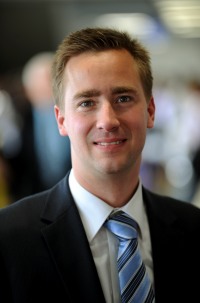 Jan Geissler
Jan Geissler
Chair, LeukaNET / Leukämie-Online, Germany
Co-Founder, CML Advocates Network
In July 2001, Jan received his diagnosis of a rare cancer, Chronic Myeloid Leukemia (CML), at a routine check-up. He then joined a phase I/II clinical trial. As hardly any information on upcoming treatments was available in the German language, he started to simplify and translate medical publications into German language. In 2002, he started to publish them by founding the online patient community Leukämie-Online (http://www.leukaemie-online.de), which is one of the most frequented patient websites on leukemia in the German speaking Internet today. Leukämie-Online became a charitable organisation in Germany in 2006, with Jan being the Chair.
In 2007, Jan has co-founded the CML Advocates Network (http://www.cmladvocates.net) together with other CML patient groups from Israel, the UK and Czech Republic. The goal of the web-based platform is to get organisations connected that are supporting patients with Chronic Myeloid Leukemia. Today, members include 57 CML groups from all continents, sharing best practice in cancer patient advocacy and campaigning for better treatment and care of CML patients world wide.
Jan is also a co-founder of the European Cancer Patient Coalition (ECPC), a board member of the European Forum for Good Clinical Practice (EFGCP), and acts on a number of advisory boards.
In the International CML Foundation (iCMLf), Jan acts as Communications Coordinator and runs the foundation's Pediatric CML program.
Contact
Jan Geissler <jan@cml-foundation.org>
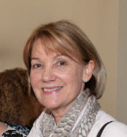 Susan Branford, PhD, FFSc (RCPA)
Susan Branford, PhD, FFSc (RCPA)
Head, Leukaemia Unit
Genetics and Molecular Pathology
SA Pathology, Centre for Cancer Biology
An Alliance between SA Patholgy and The University of South Australia
Professor Susan Branford is Head of the Leukaemia lab in the Department of Genetics and Molecular Pathology at SA Pathology.
Sue has expertise in molecular monitoring of the BCR-ABL1 gene for patients with chronic myeloid leukemia. As such she is a major contributor to International collaborative initiatives to establish guidelines and recommendations for producing reliable molecular data.
Dr Branford's research is focused on understanding the factors that predict response to tyrosine kinase inhibitor therapy and mechanisms of drug resistance.
Professor of Internal Medicine
Department of Clinical and Biological Sciences
University of Turin
Turin, Italy
Dr Giuseppe Saglio is Professor of Internal Medicine and Haematology at the University of Turin. He is Director of the Department of Clinical and Biological Sciences at the University of Turin and responsible for the Division of Internal Medicine and Haematology at San Luigi University Hospital. He graduated from the University of Turin in 1975. Since then he has studied Internal Medicine at the University of Turin (1975-1980), Haematology at the University of Milan (1980-1983) and Molecular Biology at the University of Leiden (1976), Inserm-Creteil, Paris (1979) and the University of California (1983).
Dr Saglio is co-ordinator of the PhD programme in Molecular Medicine and Experimental Therapy at the University of Turin, past-president of the Italian Society of Experimental Haematology (SIES) and general secretary of the IACRLRD (International Association for Comparative Research on Leukemia and Related Diseases). He has published more than 500 peer-reviewed articles in the fields of molecular pathogenesis of haematological malignancies (1986-present), molecular medicine applied to clinical medicine (1978-present) and the molecular basis of thalassemia and related haemoglobinopathies (1978-1990).

